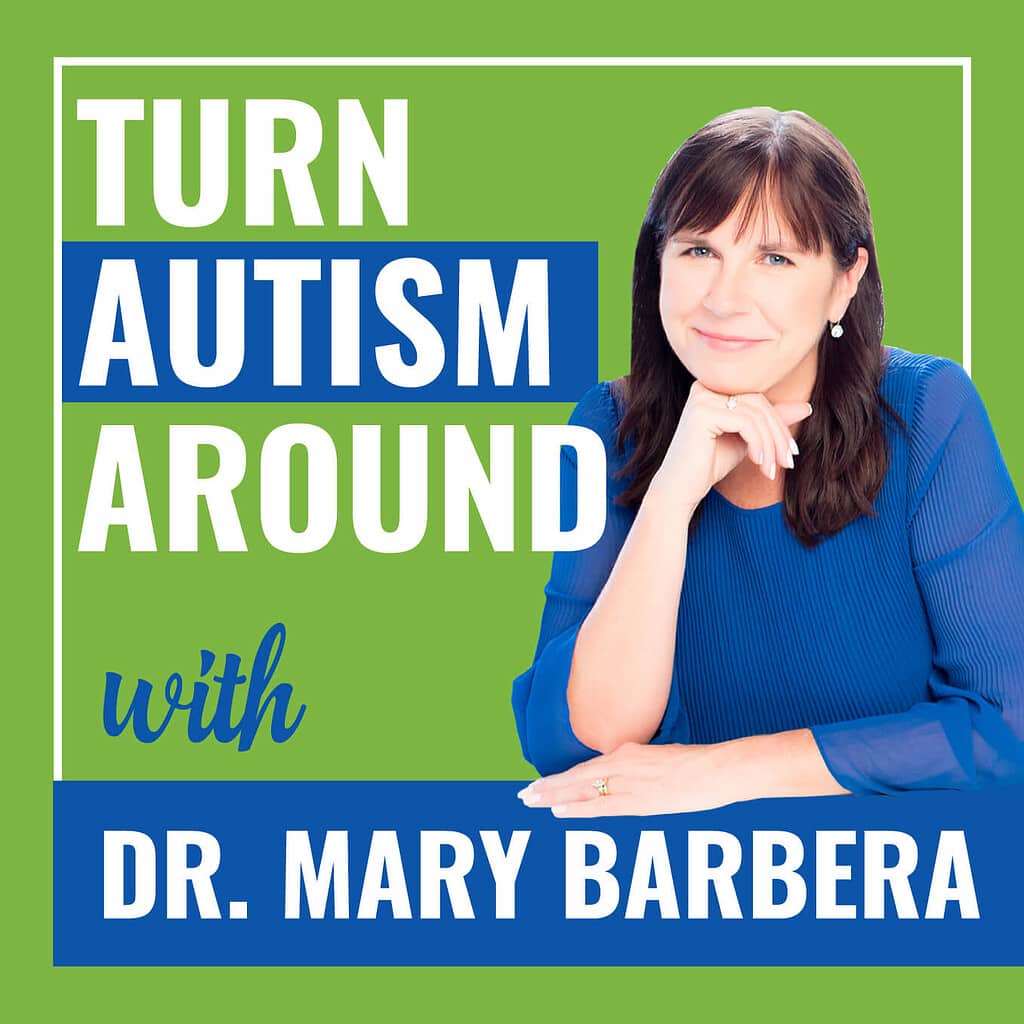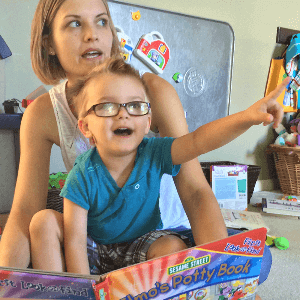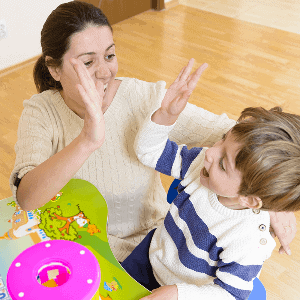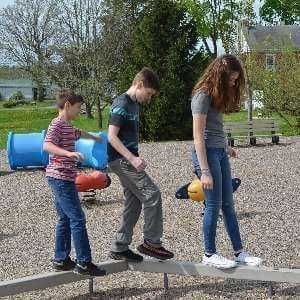For the first time on Turn Autism Around, I’m interviewing my husband and autism dad Dr. Charles Barbera about his point of view on our autism journey. Charles was the first person to mention the word “autism” to me when Lucas didn’t speak or react to living things like new babies or pets, but his understanding of autism was shaped by the movie Rain Man and the idea of autistic savants. He joins us to share how he dealt with grief, helped me get out of denial and the lessons he has learned along the way.
YOU’LL LEARN
- Charles and I talk about the challenges of setting up Lucas’ future without us, and some of our concerns about his care.
- People are normally proud of their kids for academics or sports, but there’s a different level of pride when a child with autism is potty-trained or starts to speak.
- The advice Charles would give to autism dads as they navigate the new dynamics of their family life after an autism diagnosis.
Autism Denial
If your spouse is in autism denial like I was, how do you break through about a possible autism diagnosis? I often hear about autism dads being in denial, but in our case, it was me! Charles suggests the approach of planting a seed and providing evidence to patiently bring the other spouse into the light of the diagnosis. You can also find something you agree on like, “he doesn’t have 25 words” and agree on starting speech therapy or an action step if they aren’t ready to hear the word autism and get out of that denial. What finally helped me move from autism denial to acceptance was realizing that we needed to figure out how to help Lucas catch up on his delays no matter if it was autism, a speech delay, or something else.
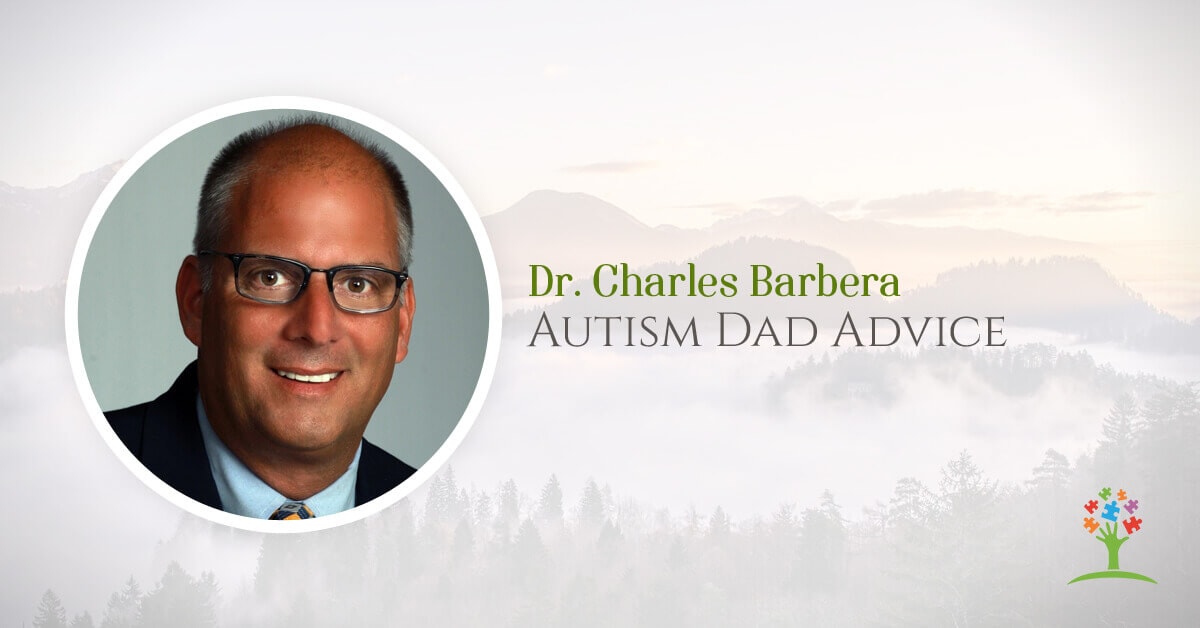
Autism and Grief
Charles and I discussed my grief, and if he had any grief during the early days after diagnosis. Autism and grief can go hand in hand and how each spouse deals with it can be trying on marriages. Charles says he doesn’t remember feeling too much grief or dwelling on what Lucas may do or not do but that it became harder as our younger son began to surpass Lucas. I often have moms reach out to me about autism dads and their grief and this resource may help if you or your spouse is navigating grief.
Having a child with autism can become an all-encompassing condition that consumes your time, money, and energy. You don’t want the Only Child Syndrome in your family, especially if it means ignoring your other children or your spouse. Charles shares some of his thoughts on how he felt about my role as “the autism mom” and his role as an autism dad.
I’ve written my newest book Turn Autism Around: An Action Guide for Parents of Young Children with Early Signs of Autism to be the book I needed when Lucas was first diagnosed over 2 decades ago. It has practical strategies for parents so that they can navigate common problems like sleep training, potty training, speech difficulties, and tantrums. Don’t miss out on this book now and all the free book resources.
RESOURCES
- TurnAutismAround.com
- MaryBarbera.com/workshop(Sign up for a free workshop online for parents and professionals)
- #085: Siblings of Autism: Interview with My Son Spencer Barbera
- #035: Autism Diagnosis, Waiting Lists & Early Language Development with Dr. James Coplan
- How to Get a Parent Out of Autism Denial

